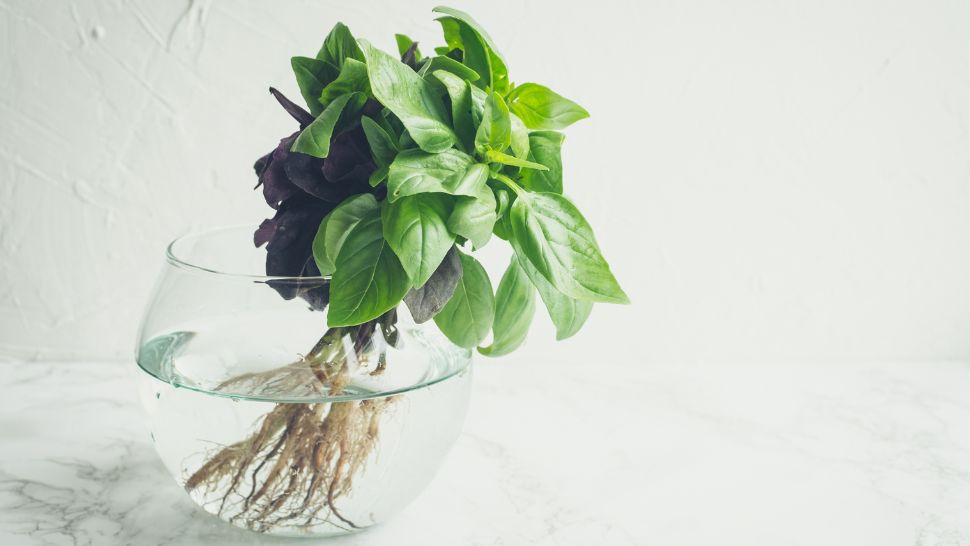
These days (especially around the holidays) most of us are trying to minimize the number of times we shop by making every shopping run a very targeted one. We want our fresh produce and pantry staples to last as long as possible, and we want creative new ways to use them. Don’t worry, we’ve got you.
Reducing food waste can be both practical and help add variety to your diet. You can transform your kitchen into a vibrant space that celebrates fresh fruits and vegetables while minimizing food waste — what more could you ask for? Let’s dive into some tips to help keep your fresh food happy for as long as possible, adapted from and the related website savethefood.com.
Berries hate baths. Until they’re ready to be eaten, of course. Then (please) wash away! They also like to breathe, so store them loosely covered in a single layer on a tray lined with a dry cloth or paper towel. (For strawberries, keep on their jaunty green caps.) To freeze: Rinse, dry, if freezing strawberries, remove caps, freeze on a tray lined with parchment paper, and then pack into airtight containers.
Basil likes to be the center of attention. Store it like you would a bouquet of flowers. Trim the stems and place cut ends down in a jar of water on the counter. For extra protection, loosely cover with a plastic bag and change the water daily as you pluck leaves from it. Basil becomes more bitter the longer it sits, so keep that in mind when you’re grinding up a batch of pesto. This technique works well for mint, too.
Other herbs are shy. Store them loosely wrapped in cloth in a breathable bag in the high-humidity drawer of the fridge. If you’ve gone overboard on your herb purchases or backyard garden and want to save them for a much later date, consider freezing them in oil or water in an ice cube tray.
Nuts and flour love to chill. Or really just hang out in any cold space. Shell-free almonds, walnuts, pecans, and pistachios will last in the refrigerator for up to two years, and in the freezer for two years or more. Did you buy an extra bag of flour for rainy day baking projects? Storing it in the refrigerator or freezer can double its longevity. Just be sure to keep it in an airtight container so it doesn’t absorb odors. No one wants blueberry muffins that smell like garlic.
Whole grains prefer the dark. Quinoa, bulgur, millet, spelt, etc. don’t need to be refrigerated, but they like a dark, cool place. However, if you want to store them for the longer term, they can be frozen.
Let cheese breathe. It’s a living food, after all! Believe it or not, that tight plastic wrapping from the supermarket can actually encourage the growth of bacteria and mold. (Yikes!) So, instead of stifling your cheese, wrap it loosely in waxed paper and let its personality keep developing.
Apples grow up fast. Leave an apple on the counter and it will ripen 6-10 times faster than it will in the refrigerator. As they ripen, apples emit ethylene gas, which causes changes in texture and color — and softening. That’s why one over-ripe apple can cause a whole batch to turn quickly. Store them, unwashed, in a breathable bag in the low-humidity drawer of the refrigerator and they’ll last up to six weeks. Pro tip: Have too many green bananas? Put them in a paper bag with an apple and watch ethylene work its magic. Keep in mind that not all fruit ripens when exposed to ethylene. Sorry, blueberries.
By implementing these simple, yet effective tips for keeping your produce happy, you not only enhance the longevity of your food, but also cultivate a more sustainable kitchen environment. Each thoughtful approach, from storing berries to nurturing herbs, helps reduce food waste while adding beauty to your home.